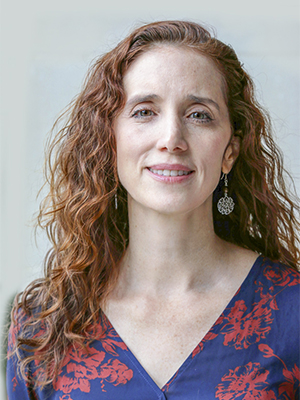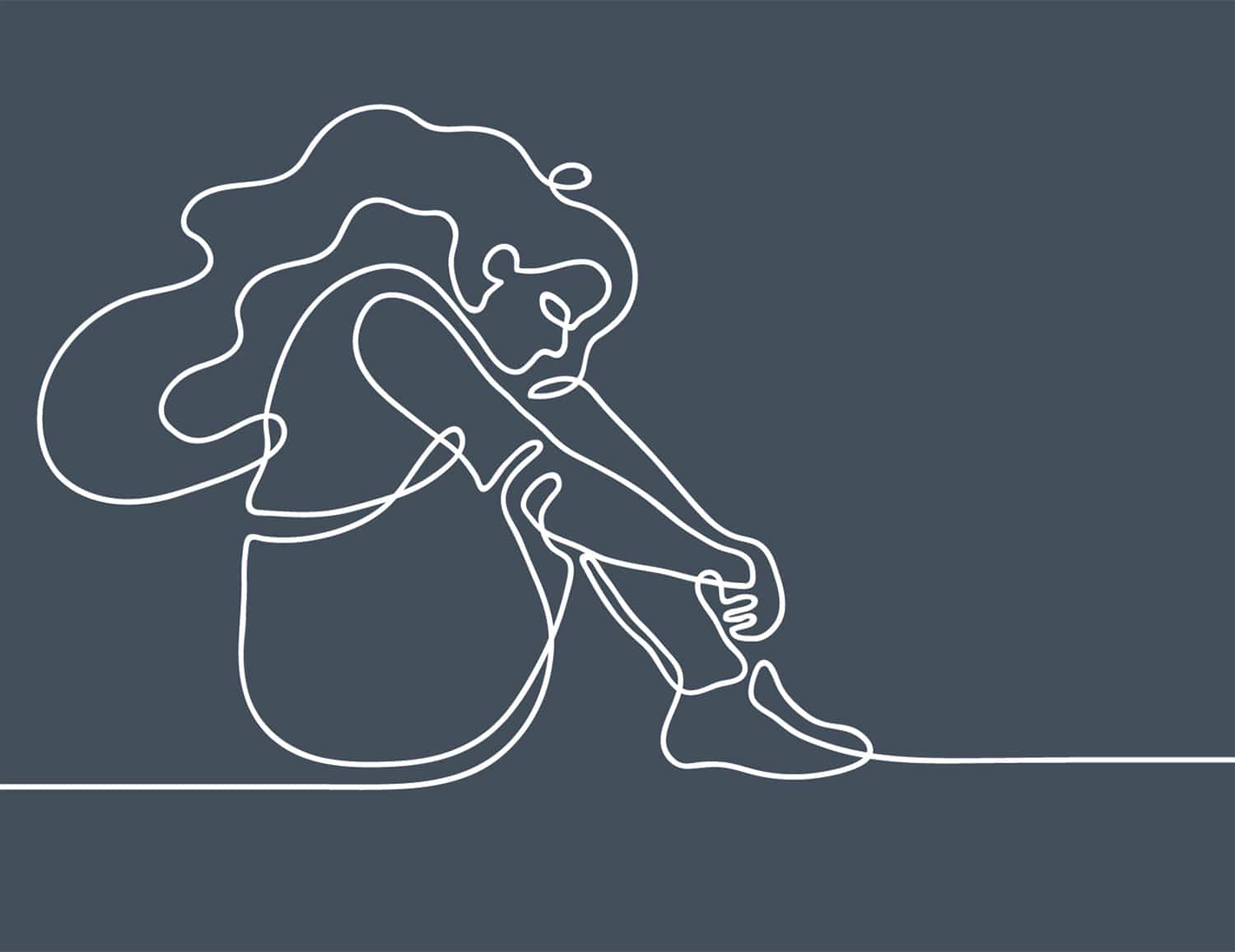
Karen J. Bannan Photo by Suz Redfearn
MY OLDER BROTHER AND I met with my mother’s surgeon right after her lung biopsy in September 2017. Sitting with us in a tiny room, the surgeon shared how he had removed part of the mass in my mom’s lung and gotten a good look at what was going on. He told us the cancer had spread into the pleura, the membrane surrounding the lung.
When I heard the words “stage IV cancer,” I felt the blood drain from my face. My stomach flip-flopped. My mind immediately went to a disturbing world—a future without my mother. I called my sister. “Mom is dying,” I told her, sobbing on the phone.
It wasn’t until months later that I found out there is a name for the intense emotions I experienced the day of my mother’s diagnosis and during her treatment for non-small cell lung cancer. Anticipatory grief is the mourning of a loss that has not yet happened.
“With anticipatory grief, you are no longer experiencing the present moment because you’re so afraid you’re going to lose your loved one,” explains David Kessler, the author of Finding Meaning: The Sixth Stage of Grief. “I’ll often say to people that they’re attending the funeral early in their mind, and you don’t want to do that.”
If you find your mind going to worst-case scenarios, Kessler suggests doing a reality check to make sure your reactions and feelings are proportionate to the magnitude of the present situation. “You just don’t want to go down the rabbit hole of, ‘Oh my gosh, they’re dying,’ because it robs you of life,” Kessler says.
One other strategy for managing these intense emotions is what Kessler calls changing the movie in your head. “Think of anticipatory grief as you going into a movie theater that’s playing the worst-case scenario movie. You have to force yourself to get up, leave the theater and find a new movie.”
He suggests running “scenes” in your head, picturing the best scenarios to counterbalance the worst images in your mind. “You need to tell yourself, ‘My loved one could live a very long, healthy life with this cancer. My loved one could live many years with this cancer,’” Kessler says.
Despite how unsettling anticipatory grief feels, it can also serve a purpose. “Cancer can be the wake-up call that helps you learn to live more fully,” Kessler says. This certainly happened in our family. We learned to make the most of the time we had together, and we started making plans more often despite the uncertain future.
One of my favorite trips during that time was taking my mom and two daughters to Atlantic City, New Jersey. On that overnight getaway, we spent time walking (with Mom riding on a rented scooter) on the boardwalk, taking in the sights, and laughing over the silliest of things. Despite our fears, we were able to make new memories that my daughters still talk about even now.
Cancer Today magazine is free to cancer patients, survivors and caregivers who live in the U.S. Subscribe here to receive four issues per year.





